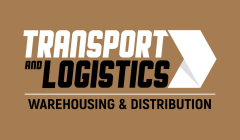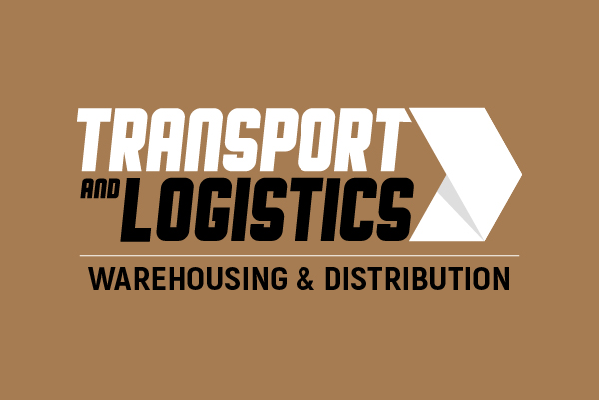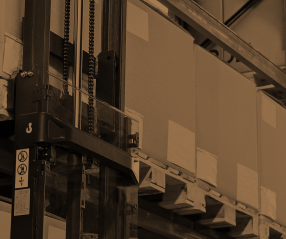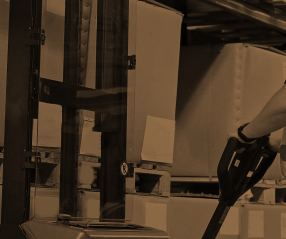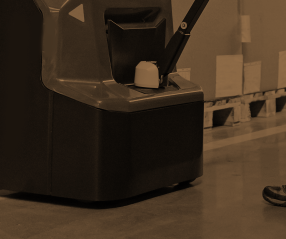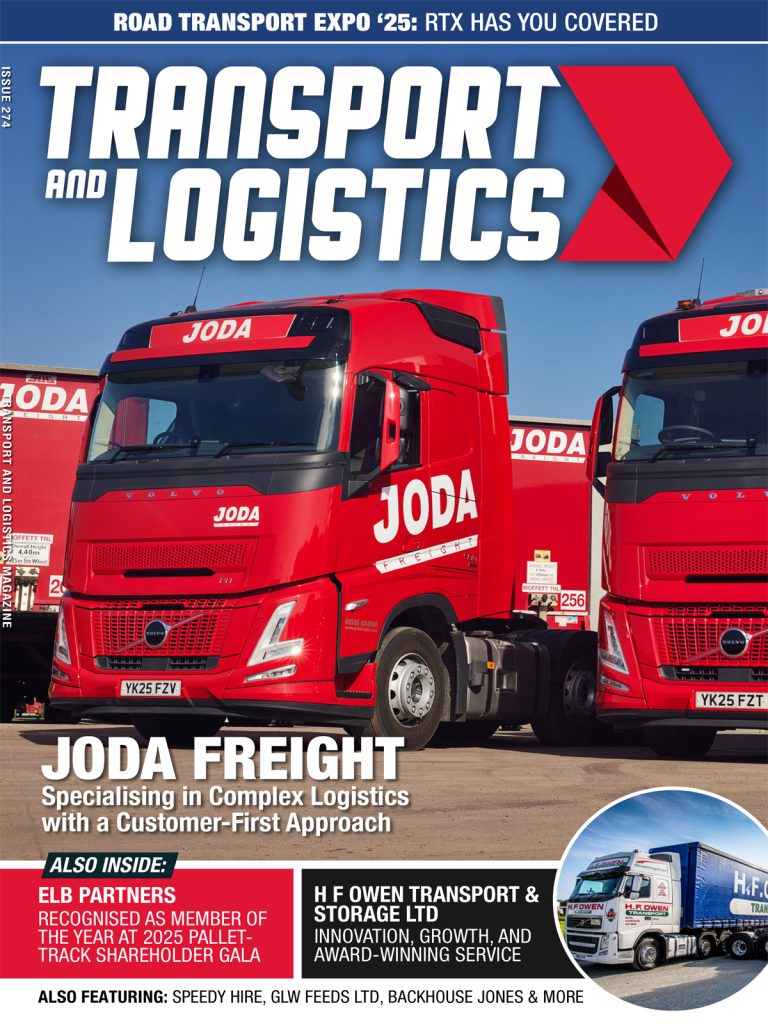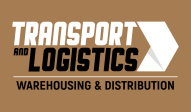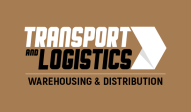The UK’s HGV driver shortage is becoming increasingly concerning, with the ‘perfect storm’ of Brexit, Covid-19 and growing demands exacerbating the problem. There are numerous reports of the lack of qualified drivers creating difficulties for the logistics industry, which is having a severe impact on many different sectors, including retail and manufacturing.
With fresh food rotting while supermarkets and restaurants are facing shortages and shoppers facing higher prices for goods, these issues associated with driver shortage are becoming more and more problematic. A drop of 15,000 UK truck drivers following Brexit coupled with nearly a third of the UK’s 300,000 drivers now over 55 and heading for retirement, means that the shortage has become critical. The industry needs to act now.
Going the extra mile
So what remedies can retailers, distributors and delivery companies put in place to combat the fallout from such a crisis? Training and attracting new drivers is not a quick or simple fix but one solution that can make a difference now is to utilise advanced routing and scheduling software to unlock greater efficiency gains whilst minimising the need to recruit new drivers. Companies can transform performance and maximise the utilisation and efficiency of their existing drivers and vehicles.
Route optimisation software can increase the productivity of existing drivers, with improvements in route quality and delivery schedules. Collating deliveries close to each other together, improves delivery density and makes daily trips less hectic, reducing driver stress and maintaining compliance with drivers’ hours legislation. This all helps to retain drivers,
From integrated transport management to leveraging and sharing real-time data across the supply chain, transport operators and retailers can better manage assets and achieve the ‘do more with less’ mantra. Combating the driver shortage is essential, but is not a challenge that will be solved overnight. Fleet operators therefore need to get the most out of the resources they already have, but without overstretching their drivers or compromising safety and compliance. So, to get the industry moving again, and to keep it efficient in the long term, technology solutions can go a long way in supporting fleet operators to go the extra mile.
Getting into gear
Advanced route optimisation software allows transport operators to use fewer vehicles to deliver more goods in fewer miles. These solutions ensure that now and, in the future, companies will have less demand for drivers because they are maximising their fleet’s potential. In order to get more from your existing drivers, keep them happy and reduce driver turnover, logistics companies, including hauliers and delivery services should consider implementing routing and scheduling software now. After all, this is an opportunity for companies to capitalise on demand by increasing operational efficiencies.
– Andrew Tavener, Head of Marketing, Descartes UK
